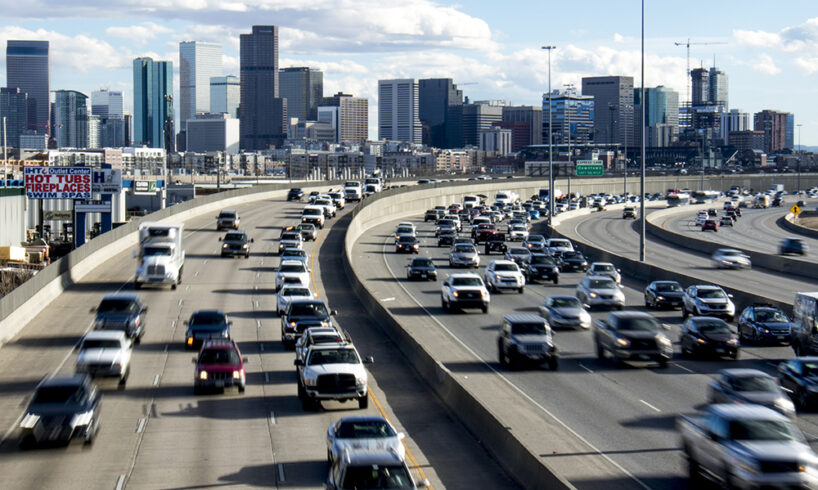
Denver’s tax revenue could significantly decline in the future because of the city’s high number of commuter workers, according to a new study by The Pew Charitable Trusts.
The study looked at how changing American work trends such as work-from-home and increased hybrid or remote opportunities will impact municipal tax collections in 10 large cities. In addition to Denver, the study includes Baltimore, Md.; Carson City, Nev.; Washington, D.C.; New Orleans, La.; New York, N.Y.; Philadelphia, Pa.; Richmond, Va.; San Francisco, Calif.; and St. Louis, Mo.
Pew found that telecommuting has had a substantial impact on revenue for cities like Philadelphia that rely heavily on wage taxes. City officials predicted last year that the city will see a revenue shortfall between $263 million and $503 million given the lack of income taxes, according to a report by Philadelphia’s Office of the Controller.
“Anyone living in cities can be impacted by these declining revenues,” Adam Levin, officer with the state fiscal health initiative at Pew, told The Center Square. “Less revenue ultimately means the cities have less money to spend on road projects, trash collection, and education.”
In Denver, commuters make up approximately 70% of city’s workforce, according to the study. More than 20% of the city’s workforce is also employed in the professional services sector, which has seen a rapid increase in hybrid and remote work opportunities.
The combination of those two factors could decrease the amount of sales and use taxes Denver collects because those workers are not spending as much time in the city’s retail environment, Levin said.
The latest general fund accounting figures published by Denver’s Department of Finance show that sales and use tax collections made up $758 million of the more than $1.3 billion in revenue the city collected in fiscal year 2019.
Levin said there are two options available for city policymakers to avoid having to reduce their services. First, Levin said policymakers could look to modernize their tax structure by increasing taxes on online retail and business services.
Policymakers could also look to reduce the cost of providing services by sharing services with neighboring jurisdictions, Levin added.
This article was originally posted on Denver’s high number of teleworkers could decrease city tax revenue